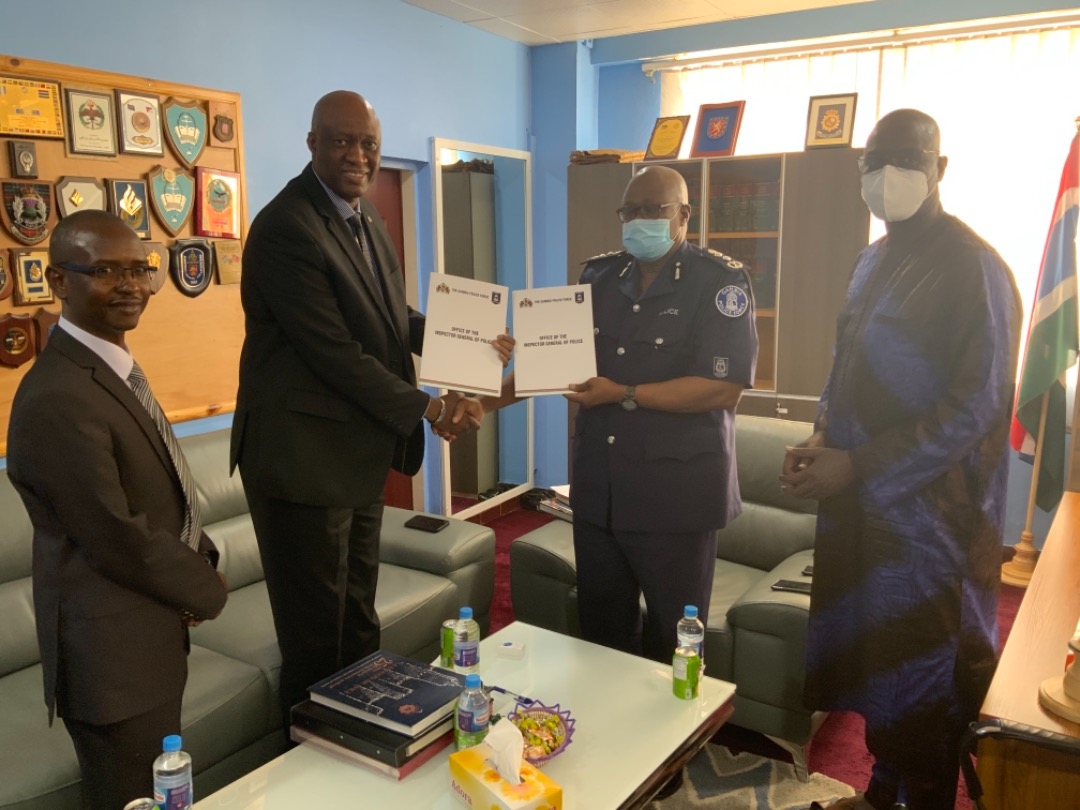By: Bakary Ceesay
The Special Criminal Court Division of the High Court in Banjul yesterday Tuesday dismissed the contempt charge filed by the state against the embattled former AFPRC junta member and one time minister, Yankuba Touray for lack of merit.
Presided over by Justice Sainabou Wadda-Cisse the case after going through the argument of both parties on whether the High Court has the jurisdiction to hear and determine the case, she ruled that the state has filed to follow proper procedures in filing the case for determination.
Touray who has being adversely mentioned by the TRRC witness for his involvement in the murder of the former junta finance minister, Ousman Koro Ceesay and since then refused to testify before the commission, the act which the sate said is an to contempt of TRRC.
Delivering her ruling , justice Wadda-Cisse after citing relevant law authorities both local and international ruled if the chairman of the tribunal certifies the offence of the High Court, the court may inquire into the alleged offence and after hearing any witness who may produce against or on behalf of the person charged, and after hearing any statement that may be offered in defence, punishment or take steps for punishment of the offender in like manner as if he had been guilty of contempt of court.
Justice Wadda further upheld that a mere certificate of the chairman of the tribunal is not binding on the court, noting that the court must itself inquire into the matter afresh to determine if an offence has been committed.
citing section 15[2] of the TRRC act, the trial judge went on to rule that the above authority clearly shines light on the import and meaning of the word “trial and punishment”, adding that the High Court is required to hear the matter afresh and such hearing must be commenced in the manner prescribed by statue or rules of court.
The trial judge said there is no doubt that contempt proceeding falls within the competent jurisdiction of the court.
However, she observed that it is the duty of the court to ensure that actions before the court are commenced appropriately to clothe the court with jurisdiction.
According to the trial judge, improper commencement of an action is not a mere irregularity but it is fundamental to the core and the failure to follow the procedure for the commencement of an action divests the court of jurisdiction and renders the suit incompetent.
Assuming without conceding that the process of referral is the appropriate procedure, justice Wadda said it is incontrovertible that the parties are not apparent on the face of the referral letter and there is judicial consensus that once the proper parties are before the court, the court would be competent to assume jurisdiction.
However according to the judge, in this instant the case particulars of the parties, in particular the name, description and address of the person sought to be committed is not featured on the face of the referral process.
Citing the principles of natural justice as also enshrined in the constitution, the judge emphatically ruled that when the citizens are vested with rights, a court of law must resist any attempt to deprive them the enjoyment of that right conferred by law.
In order to back up her ruling after citing relevant English laws and other authorities, justice Wadda-Cisse upheld that she did not consider it prudent to determine the issue of locus stand regarding the appearance of the attorney general, stressing that in doing so it would amount to an academic exercise and unnecessary dispensation of valuable judicial energy.





